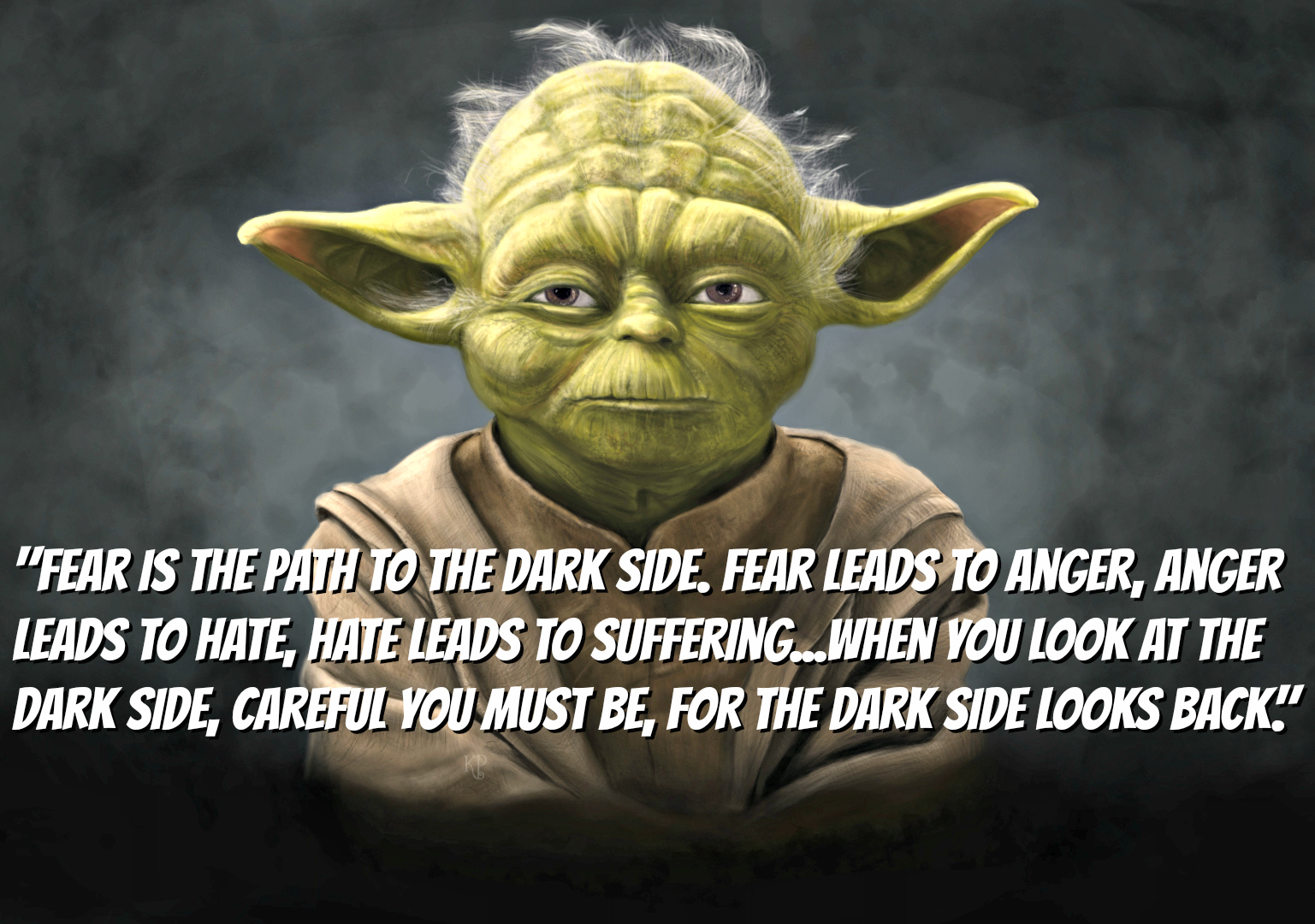Please don’t respond starting with “At least….” It makes me sad you’re such a pessimist.

Let’s play a game called: Who is The Pessimist?
A guy spends two hours putting together a toy car for his kid. The instructions were incomplete, parts were missing, and when he’s done the thing barely works. But the kid is happy for the most part, he got a new toy car, not exactly what he pictured but better than nothing.
The guy is frustrated and says:
- Person A: I guess I should be happy; the kid seems to like it.
- Person B: I’m glad I got it to work, but I’ll never do that again.
- Person C: That was a total failure!
Most people would charge person C as the pessimist. But is he?
Maybe he just expects people to do better. For plans to be better. For promises to be kept. For people to put in some extra effort when things aren’t working properly. To set high goals and be accountable.
I can go on and on, really. And if I asked if those things were important life lessons before asking who was a pessimist, I think there would be broad support for all of them.
Bart Starr recalls this from Vince Lombardi:
“Gentlemen, we’re going to relentlessly chase perfection.” Perfection, Lombardi explained, was not attainable. But in the process of chasing perfection, “we will catch excellence.”
I’m 100% certain that Vince Lombardi would have a tough time coaching in today’s world where everyone gets a trophy and optimism is sometimes more valued than accountability. His most famous quote: “Winning isn’t everything, it’s the only thing.” Is scoffed at by soccer moms, teachers, and a lot of coaches pretty much across the board at this point. That’s another issue altogether. It’s called Grit or Resilience, maybe Determination, all good qualities that we want to teach our children, as long as they aren’t too competitive, or fail too much, or cry. We have to remember participation is as important as results. Try telling your boss that next week!
Anyway, here is my point.
If I spend 2 hours in a process that is designed to take 20 minutes, it’s a failure whether or not the outcome was successful. I don’t know how anyone could argue otherwise. What is an acceptable time for this process? Two hours? Six hours? A day? A week? Where should I draw the line?
Well, I draw the line at :20 min. It was designed to take :20. If you take longer you failed. It’s not complicated. Sure maybe the process is complicated, maybe there were extraneous circumstances, maybe something broke that never broke before. Those could be the reasons it failed but they don’t change the fact that it did. They might change the fault, but they don’t change the fact. And to me they don’t have much of a bearing on accountability either. “On time, on budget, or on spec, pick two.” is a joke for a reason. We should expect all three.
“Well then why don’t you do it?” “I don’t see you up there.” I love the different forms of that response. Last I checked my performance evaluations and report cards didn’t factor in someone else’s ability to do my job or my work. Is that really an argument for giving someone a pass when they really failed? “I know he got a 70% but he did better than Johnny so here is an A+” OK, OK sometimes we grade on a curve, but real life generally doesn’t work that way.
“Does everything have to be perfect? It’s so exhausting.” Trust me I hear this all the time. OK sure, I could “have some compassion” and set my threshold for failure somewhere below perfection. Where?
Some options:
- 10% late.
- 50% late.
- Zero time constraints, only results.
- 90% complete.
- 50% complete.
- They tried.
Seriously. So where does failure begin?
My recent experience, that I based my example on, had over 100 people waiting over 2 hrs for something we were expecting to get in 20 mins. Some folks may have missed two hours of work that they didn’t have time off for and lost pay, or worse yet their job. Some may have burned up the last gallon of gas in their gas tank waiting in line. Some may have left altogether and aren’t going to come back. Do any of these, or a multitude of other negative repercussions, factor into the decision of whether or not the process was a failure?
“At least you go one” is the epitome of pessimism when you really think about it. It’s settling for something unacceptable.
“Have some faith in people.” Is another good one. If I don’t believe people can do better, that they should do better, that expectations should be met before we celebrate the outcome how can I really have faith in people?
Aren’t we just accepting things are going to be sub-par? Is that optimism? Is that what passes as a positive attitude these days? “It’s going to suck, just deal with it.” I Love It! Things will be so great when everyone accepts mediocrity or worse….they tried!
Sorry, it’s just not for me. Expecting things to not meet expectations, then celebrating when they barely accomplish what they were supposed to, while leaving behind a myriad of negative repercussions? Not going to happen.
If this is the prevailing attitude as we face a pandemic, economic instability, climate change, opioid crisis, childhood poverty, gun violence, racial inequities, etc. etc. we are really screwed.
I guess I am a Pessimist after all, but hey: AT LEAST…I’m really good at it.






